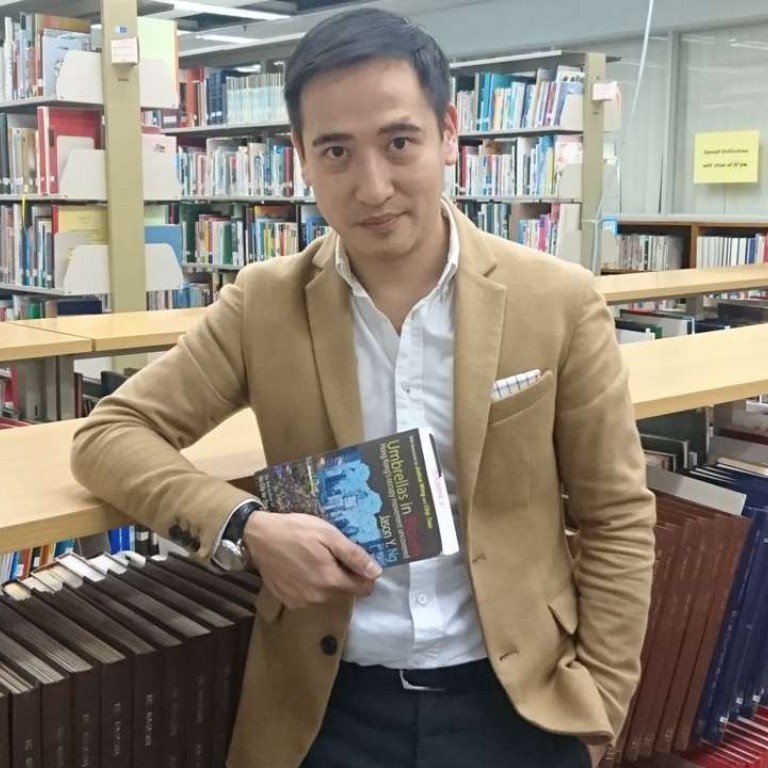
Author of book on Occupy protests criticises localists as ‘distraction’
Jason Ng, writer of Umbrellas in Bloom, first English-language account of 2014 protests in which he took part, says they were one step in a long fight for democracy, and likens students’ turn to radical localism to ‘grief management’
Jason Ng, a lawyer and SCMP.com blogger who has written the first book in English about Hong Kong’s 2014 “umbrella revolution” occupation of major roads in pursuit of full democracy, talks about his love for the city, local politics and his heartache at seeing students to whom he gave free law lectures at the protests take the same radical localist path as barred legislators Yau Wai-ching and Sixtus “Baggio” Leung Chung-hang.
SCMP.com: What’s your book Umbrellas in Bloom: Hong Kong’s Occupy Movement Uncovered about?
Jason Ng: It’s the last of a trilogy on the post-colonial development of Hong Kong. The first one, Hong Kong State of Mind: 37 views of a city that doesn’t blink, is a light-hearted book, poking fun at bizarre phenomena in the city and waxing nostalgic about the 1970s and ’80s when I was growing up in Hong Kong. The Hong Kong then was not angry like now.
The second one, No City for Slow Men: Hong Kong’s Quirks and Quandaries Laid Bare, published in 2013, adopted a more sombre tone as it was already one year into the administration of Chief Executive Leung Chun-ying. Chaos started to reign in society. So the book studies problems afflicting Hong Kong like real estate hegemony and poverty among the elderly.
The new one chronicles the reasons for the “umbrella movement”[also known as Occupy Central] and its development, and reviews the movement.
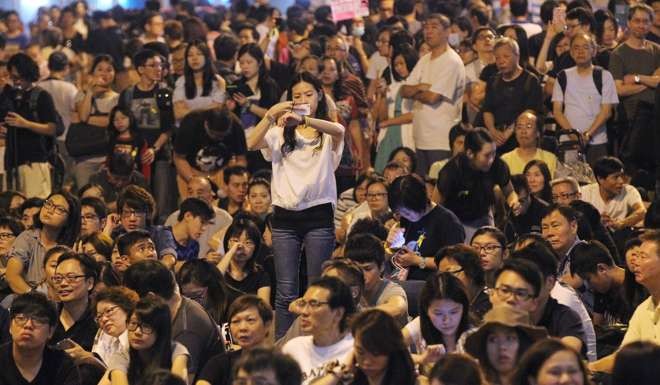
SCMP.com: What was your participation in the movement?
Ng: I am a liberal and a supporter of democracy. With the exception of two weeks when I was in New York and Canada delivering talks on the movement, I was in Admiralty every day throughout the 79 days, delivering guest lectures on site. I slept there on Fridays and Saturdays as there was no need to work the next day. I felt a strong sense of impermanence there, as you didn’t know when the government would come to shut us down, clearing the site once and for all. We chatted until 2 or 3am every night. When dawn broke, there would be bugle calls rallying you for events. False alarms of impending police arrival also came throughout the night. So you couldn’t really sleep.
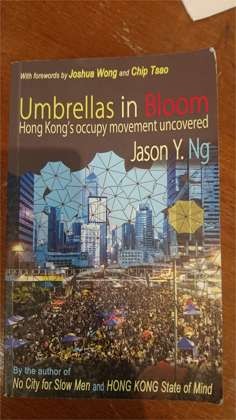
SCMP.com: It’s two years since the occupation ended. Postmortems about the movement, such as the documentary Raise the Umbrellas – in the headlines recently after the Asia Society cancelled a screening – and your book are popping up now. What do you think about the state of Hong Kong post-Occupy?
I feel heartache at seeing my own students turn radical localists and shutting themselves off to all opinions [not to their liking
Ng: The umbrella movement is under attack from different quarters. [There’s internecine fighting within the pro-democracy camp.] People like Benny Tai Yiu-ting [associate professor in law at the University of Hong Kong] spoke up for the movement, only to be castigated by participants for hijacking their protest. Many students ...have turned localist, and hate people like the movement’s standard bearers Joshua Wong Chi-fung and the Hong Kong Federation of Students.
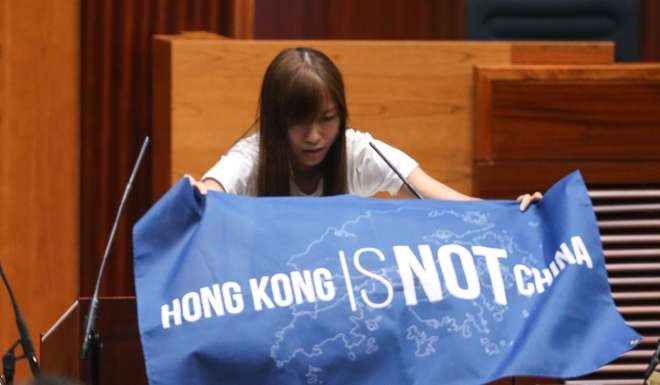
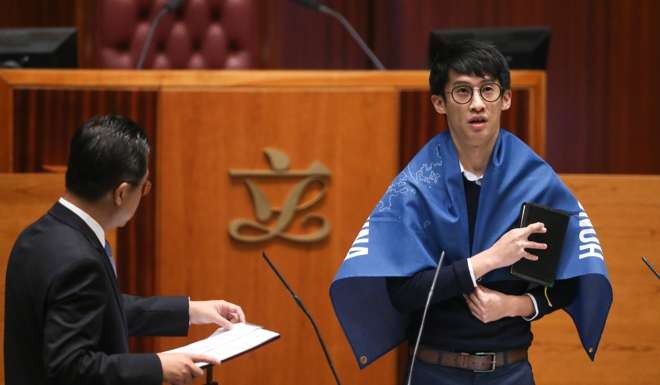
SCMP.com: Why have so many students turned into localist radicals in such a short time?
Being impatient for results is a typical trait among local students ... If everything was so easy, democracy would be everywhere
Ng: I witnessed my students change. They supported the umbrella movement at the expense of family harmony. They fell out with their blue-ribbon [pro-establishment] parents over their ardent participation. Families were torn asunder [due to differences in political views]. But the movement ended without attaining anything. Leung Chun-ying is still there. There’s still no universal suffrage. They went home, despondent and embarrassed in front of their parents. So they got very angry and turned to the localist camp. Like grief management, anger [after failure] is a step.
I have to wait until their anger fades before being able to talk to them. Students can’t be so short-sighted, expecting democracy will come after sleeping on the street for 79 days. Democrats have been fighting for it for decades. But being impatient for results is a typical trait among local students. They need to learn to be patient. If everything was so easy, democracy would be everywhere.
SCMP.com: You are a local, having attended secondary school in Hong Kong before moving to Italy for boarding school. Why don’t you write in Chinese?
Ng: After overseas studies, I came back to Hong Kong in 2005. I love the city, which gives me many opportunities to be a writer and columnist. You could never do this in New York, as there is too much competition. When foreigners write about Hong Kong, their products are in the style of Lonely Planet or Suzie Wong or a junk passing through Victoria Harbour. So I hope that I can [present Hong Kong to foreigners] from the perspective of a local.
SCMP.com: What are your next writing projects?
This story was amended on November 19 to clarify that the students Ng talks about having lectured were not among the students he teaches at the University of Hong Kong.

